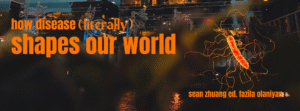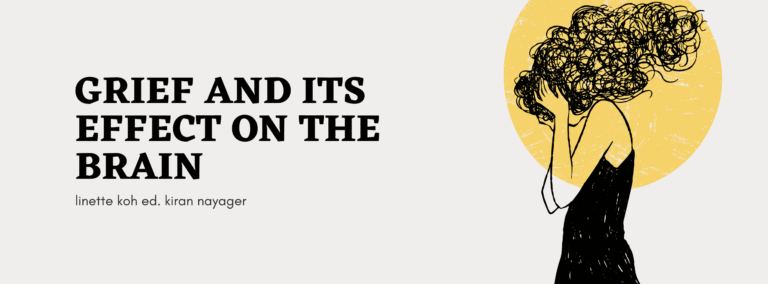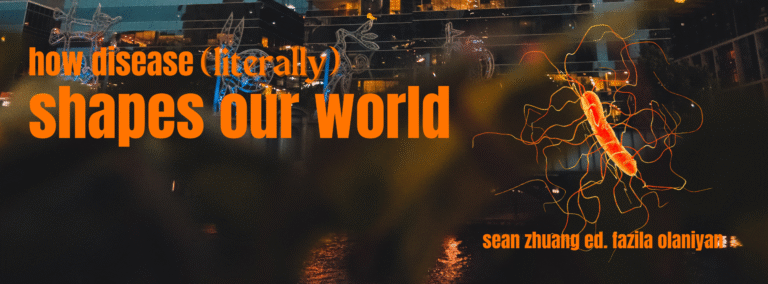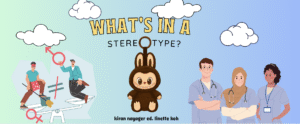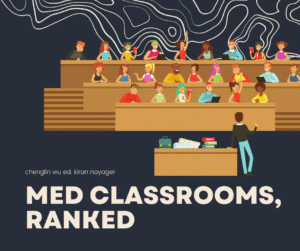
Written by Geraldine Yang, Edited by Grace Smith
Breaking news: a second year UNSW medical student has just broken the record for the longest medical history ever taken. Clocking in at 2 hours and 45 minutes for the presenting complaint alone, Emily Lin attributes the history’s significant length to her inability to interrupt the patient while talking.
Having taken the question of “What brings you to the hospital today?” in a literal manner, the patient had begun to describe every physical ailment they had encountered from birth, vividly recalling every scrape, bruise and cut accumulated from childhood. The medical student, eager to display empathy by allowing the patient to talk, found themselves unable to interrupt the patient. Despite multiple attempts from Emily to redirect the topic (including countless “Ahhs”, “Mmhmm”‘s, and distressed head nods), she failed to find a natural break in the conversation.
Showing true dedication to becoming an empathetic practitioner, Emily reported feeling hesitant and scared to cut-off the patient mid-sentence. “He just didn’t stop talking! At any point, ever!” she recalls. “And well, what was I supposed to do? Interrupt him??” Fellow medical students commiserated over her fear of interrupting the patient, with some bystanders reporting stopping the patient as “not physically possible” and “like trying to block a dam from overflowing with your bare hands’ ‘. “It’s nothing like the simulated patients we’ve ever practised with in clinical skills,” reported one first year witness, “There were no spaces between his words – literally! I’m amazed that he didn’t get dyspnoea just from talking. Especially since he was a respiratory case – I think. I can’t remember…”
While there is no consensus on how long a medical history should last, Phase 1 CXO exams limit the history-taking component to 8 minutes, which is nearly 1/40th of the 5 hours and 20 minutes Emily took to complete her full history.
“I definitely do need to work on reducing my time,” comments Emily, “It’s just that I received a P- for not establishing enough patient rapport on my last OSPIA, so I really wanted to focus on listening to each and every one of the patient’s concerns.”
The patient’s issues were multidisciplinary in nature, necessitating a thorough understanding of beginning, growth and development, health maintenance, and ageings and endings. Especially in the psychosocial section, many of the patient’s concerns also appeared to be outside the scope of medical knowledge, ranging from relationship issues to requests for legal advice.
“While it may be tempting to ignore these issues as “irrelevant” or “time-wasting”, I realise the impact of these problems on the patient’s holistic wellbeing.” states Emily, “And I stand by my choice to help my patient through these issues – no matter how complex or off-topic they may be. Especially if they’re off-topic.”
While the patient appreciated Emily’s immense level of detail and care, others were not so grateful – especially the nursing staff responsible for monitoring the patient. Neither was Emily’s classmate, who was assigned to summarise the case.




